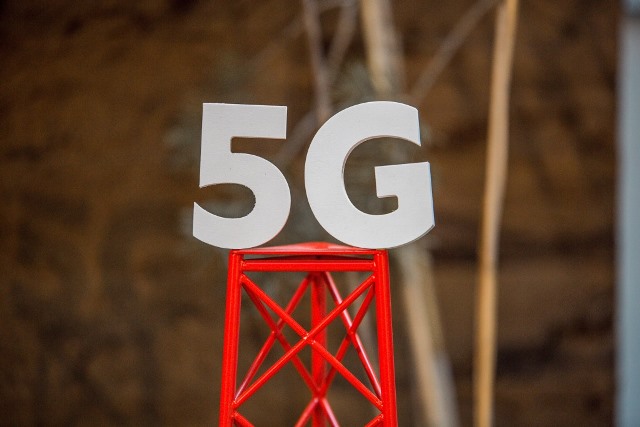Federal Communications Commission (FCC) chairman Ajit Pai on Thursday circulated a draft order asking the five-member panel to approve Ligado Networks’ request to deploy a low-power network to support 5G wireless.
 Ligado’s plan has come under criticism from some Trump administration agencies and some powerful lawmakers.
Ligado’s plan has come under criticism from some Trump administration agencies and some powerful lawmakers.
Chairman of the Senate Armed Services Committee and the panel’s top Democrat on Wednesday asked President Donald Trump to prevent the FCC from allowing Ligado to move forward, saying it will interfere with Global Positioning System reception.
Ajit Pai on Thursday said he is convinced that the conditions outlined in this draft order would permit Ligado to move forward without causing harmful interference.
FCC’s draft order would approve with conditions Ligado’s application to deploy a low-power terrestrial nationwide network in the L-Band that would primarily support 5G and Internet of Things services.
This draft order would both promote more efficient and effective use of spectrum resources and ensure that adjacent band operations, including the Global Positioning System (GPS), are protected from harmful interference.
The draft order would authorize downlink operations at a power level that represents a greater than 99 percent reduction from what Ligado proposed in its 2015 application.
Ligado has amended its application to reduce the power levels of its base stations from 32 dBW to 9.8 dBW (a reduction of 99.3 percent).
Ligado has committed to providing a significant (23 megahertz) guard-band using its own licensed spectrum to separate its terrestrial base station transmissions from neighboring operations in the Radionavigation-Satellite Service allocation.
Ligado is now only seeking terrestrial use of the 1526-1536 MHz, 1627.5-1637.5 MHz, and 1646.5-1656.5 MHz bands.
Ligado needs to protect adjacent band incumbents by reporting its base station locations and technical operating parameters to potentially affected government and industry stakeholders prior to commencing operations, monitoring the transmit power of its base station sites, and complying with procedures and actions for responding to reports of interference, including rapid shutdown of operations.





